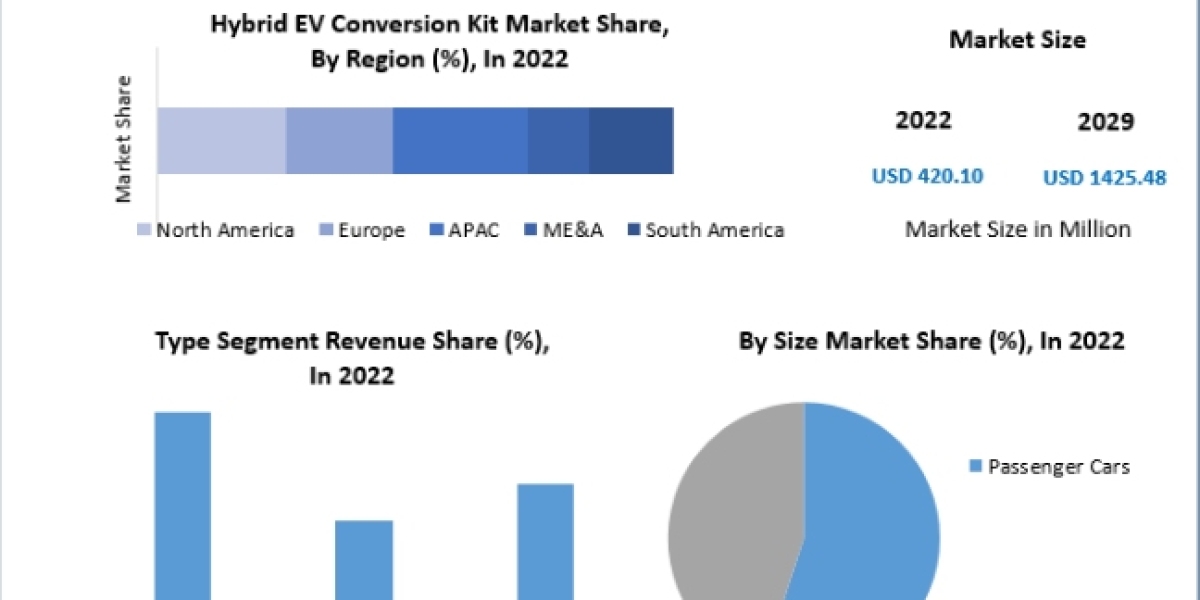Investing in Pre ipo shares can be an exciting way to get in on the ground floor of promising companies before they go public. As more companies choose to bypass traditional routes like venture capital and private equity, they look toward initial public offerings (IPOs) as a way to raise capital and provide liquidity. For investors, this opens up a unique opportunity to buy shares in a company before it becomes publicly traded, potentially reaping substantial rewards once the IPO hits the market.
What Are Pre-IPO Shares?
Pre-IPO shares are stocks purchased in a company before it launches an initial public offering (IPO). These shares are generally offered to institutional investors, insiders, and employees, but occasionally, individual investors can access them through private investment rounds or specialized firms that provide access to these exclusive offerings.
The idea behind pre-IPO investing is simple: buy shares at an early stage of the company's development, often at a significant discount, and wait for the IPO to occur. When the company goes public, the shares typically experience price growth, allowing early investors to profit from the increased valuation. However, as with any investment, pre-IPO shares come with a certain degree of risk, as the future performance of the company is not guaranteed.
How Do Pre-IPO Shares Work?
When a company decides to go public, it usually hires underwriters to help structure the IPO and set an offering price. Before the company makes its public debut, the pre-IPO shares are typically sold during private funding rounds, which often occur months or even years in advance of the IPO.
Unlike regular public market investments, pre-IPO shares are not traded on the stock exchange, and there may be restrictions on their sale or transfer until the IPO is finalized. This means that investors purchasing pre-IPO shares will likely need to hold onto their investments until the company goes public, and they can sell their shares in the open market.
While investors might purchase pre-IPO shares for a lower price than they would in the public market, the process often involves a high level of scrutiny. The company needs to be thoroughly vetted, and the potential for future growth must outweigh the inherent risks of investing in an unlisted company.
Why Invest in Pre-IPO Shares?
There are several compelling reasons why investors might consider purchasing pre-IPO shares:
- Early Access to High-Growth Companies: Many successful companies, such as Facebook, Uber, and Airbnb, offered shares before their IPOs that saw substantial growth in the public market. By investing in pre-IPO shares, investors can gain early exposure to companies with high growth potential.
- Discounted Prices: Pre-IPO shares are often priced lower than they will be when the company becomes publicly traded. This offers investors the chance to purchase shares at a discount before the company is fully valued on the stock market.
- Large Potential Upside: If the company has a successful IPO and its stock price rises significantly, pre-IPO investors stand to benefit from a large capital gain. This potential for growth makes pre-IPO shares an attractive proposition for risk-tolerant investors.
- Portfolio Diversification: Investing in pre-IPO shares can diversify an investment portfolio by adding an entirely new asset class—private equity. This can provide a hedge against the volatility of public markets and offer exposure to sectors or companies not yet available on public exchanges.
Risks of Pre-IPO Shares
While pre-IPO investments offer significant potential rewards, they also come with considerable risks. One of the biggest challenges is the illiquid nature of pre-IPO shares. Investors cannot sell their shares until the company goes public, and even then, the stock price may fluctuate or underperform expectations.
Moreover, there is always the possibility that the company may fail to meet its IPO expectations, or worse, it may not be able to go public at all. In some cases, the IPO might be delayed or canceled due to financial instability, market conditions, or regulatory challenges.
Additionally, there’s the risk of limited information available about the company. Unlike public companies, which are required to file regular financial reports with regulators, private companies are not obligated to disclose as much data, making it harder for investors to accurately assess the company’s true value and potential for success.
How to Buy Pre-IPO Shares
For individual investors, buying pre-IPO shares can be tricky, as they are often limited to institutional investors, venture capitalists, or angel investors. However, some specialized platforms and funds provide access to pre-IPO investments, allowing accredited investors to participate in these early-stage opportunities.
Investors should always conduct thorough research before purchasing pre-IPO shares. Consulting with financial advisors and understanding the risks involved is essential to making informed decisions.
Investing in Pre ipo shares can be a lucrative opportunity, but it is not without its risks. By gaining early access to high-growth companies before they go public, investors can potentially reap significant rewards if the company performs well in the public market. However, as with any investment, it is crucial to understand the risks, conduct diligent research, and assess whether this investment strategy fits within your financial goals and risk tolerance.









